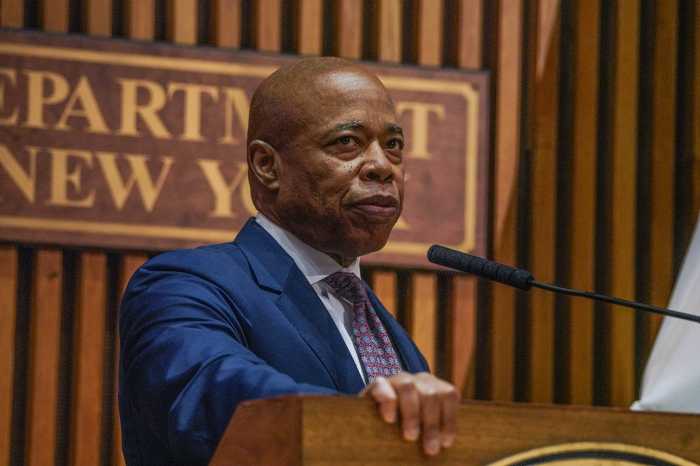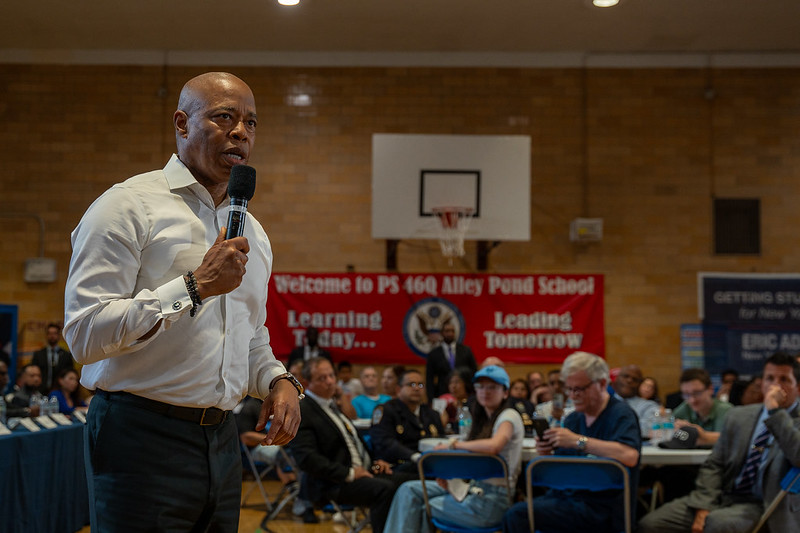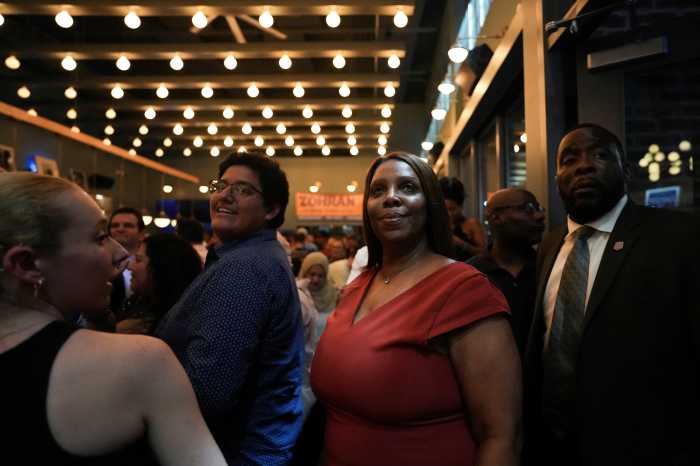The state assembly passed a bill Wednesday that aims to lower the barrier for people wrongfully convicted of crimes to make a case for their innocence.
The bill, titled the Challenging Wrongful Convictions Act, aims to change existing law that blocks people who have pleaded guilty from filing a claim of “innocence” except in cases where DNA evidence emerges.
The legislation would allow people who pleaded guilty to pursue innocence claims case “with or without” DNA evidence.
Currently, there are many avenues for people wrongfully convicted to have their cases overturned—no matter their initial plea or whether there is DNA evidence or not–and get out of prison.
This bill, however, provides those wrongfully convicted to be declared “innocent,” which would allow them to seek compensation, officially clear their name and reduce the chances of a retrial.
Assemblyman Jeffrion Aubry, who represents Corona in Queens and sponsored the bill, said that many people plead guilty to crimes because they are either coerced or don’t think they will win at trial, or they might face harsh penalties if they go to trial.
This bill, Aubry said, would provide many people with the chance to pursue innocence claims.
“For too long, our justice system incentivized plea bargains over trials, and we must ensure that individuals who may have been pressured into plea bargains as a result of that system have the same rights to redress,” Aubrey said in a statement.
The bill would also provide a right to counsel for those with wrongful conviction claims and a right to post-conviction discovery.
Advocates for the bill, citing a report by the Vera Justice Institute, say that 97 percent of criminal cases are resolved through guilty pleas–nationwide. Furthermore, about one in four wrongful conviction cases that results in an exoneration involved a person who pleaded guilty.
“We are thrilled that the Challenging Wrongful Convictions Act has advanced through the Assembly,” said Rebecca Brown, director of police for the Innocence Project. “Passage of this bill into law would correct an injustice that has stained New York’s jurisprudence for a number of years.
The bill also passed the assembly in 2022 but languished in the senate. Advocates are hopeful the senate will pass it this year, since it is not an election year and criminal justice issues are less controversial. The senate bill is sponsored by Zellnor Myrie, who represents central Brooklyn.



































